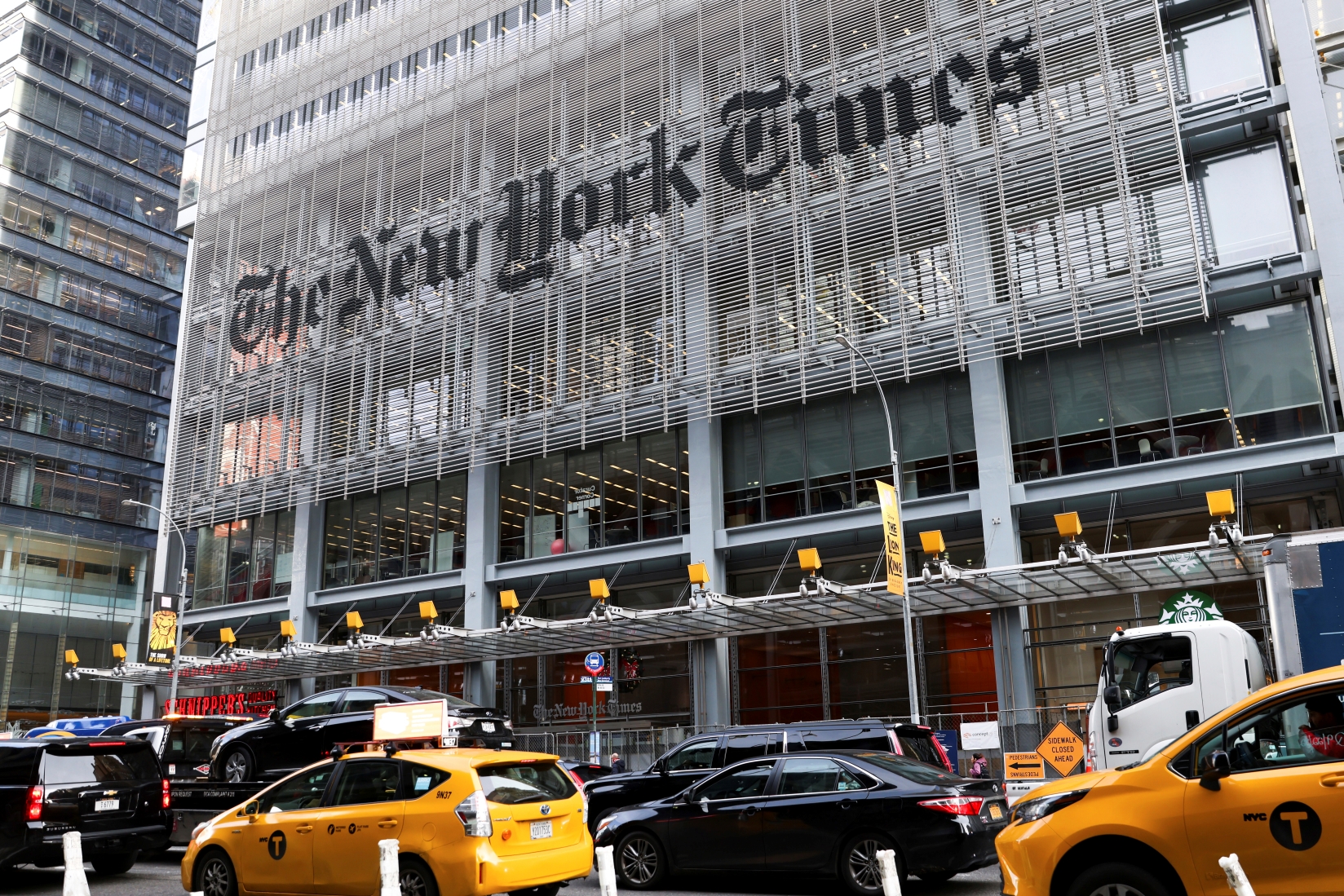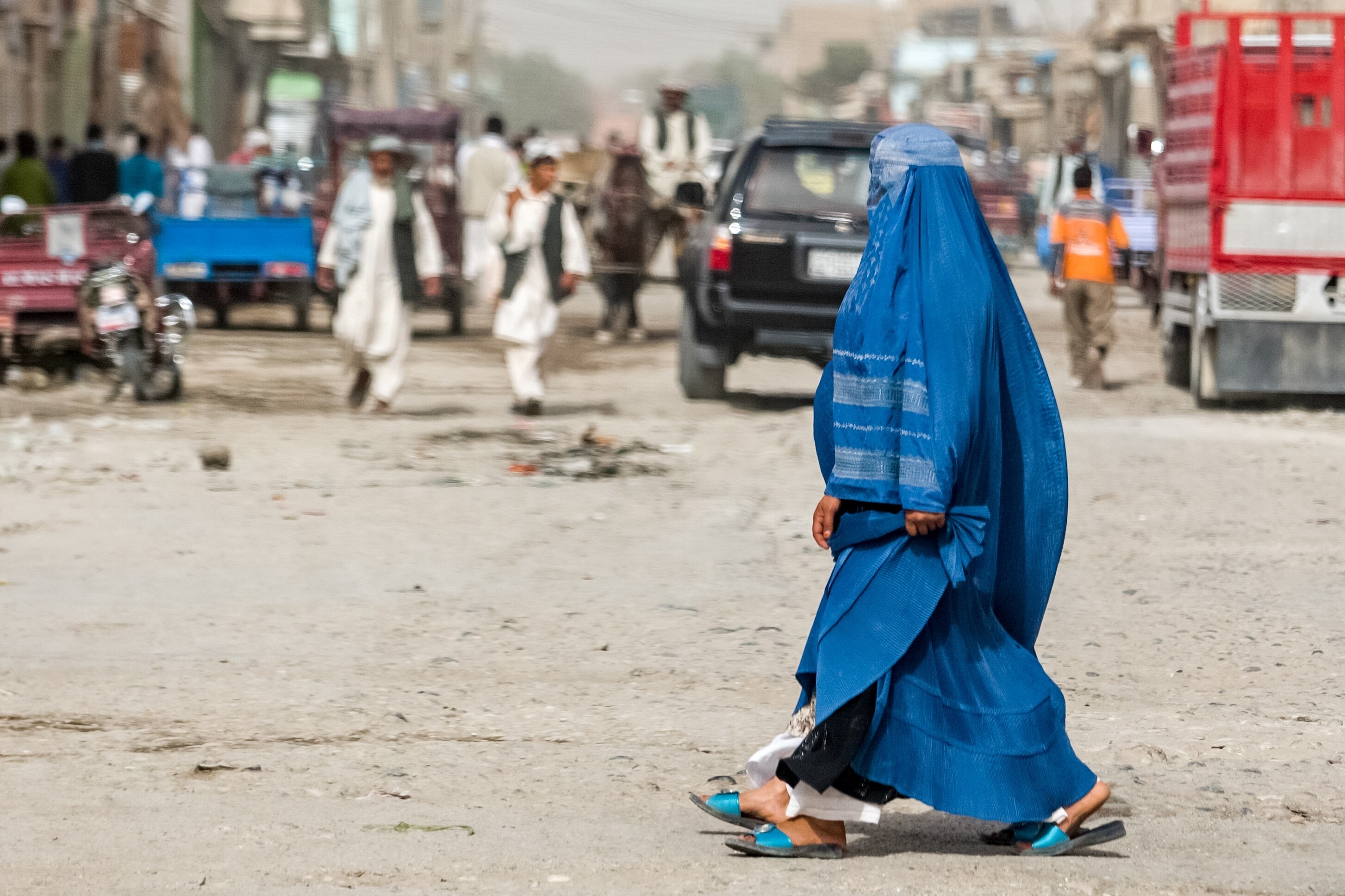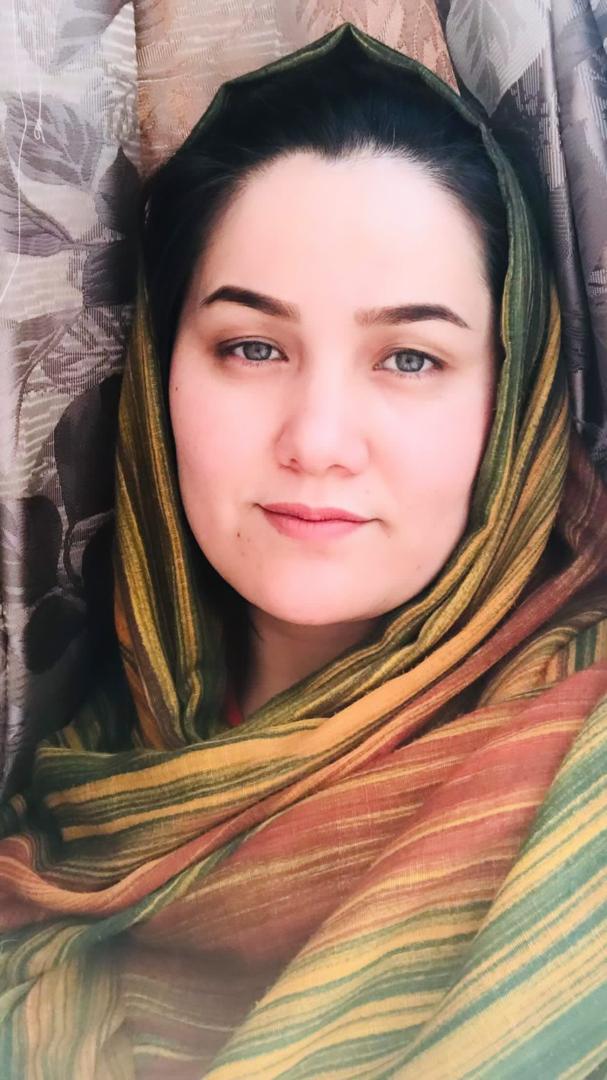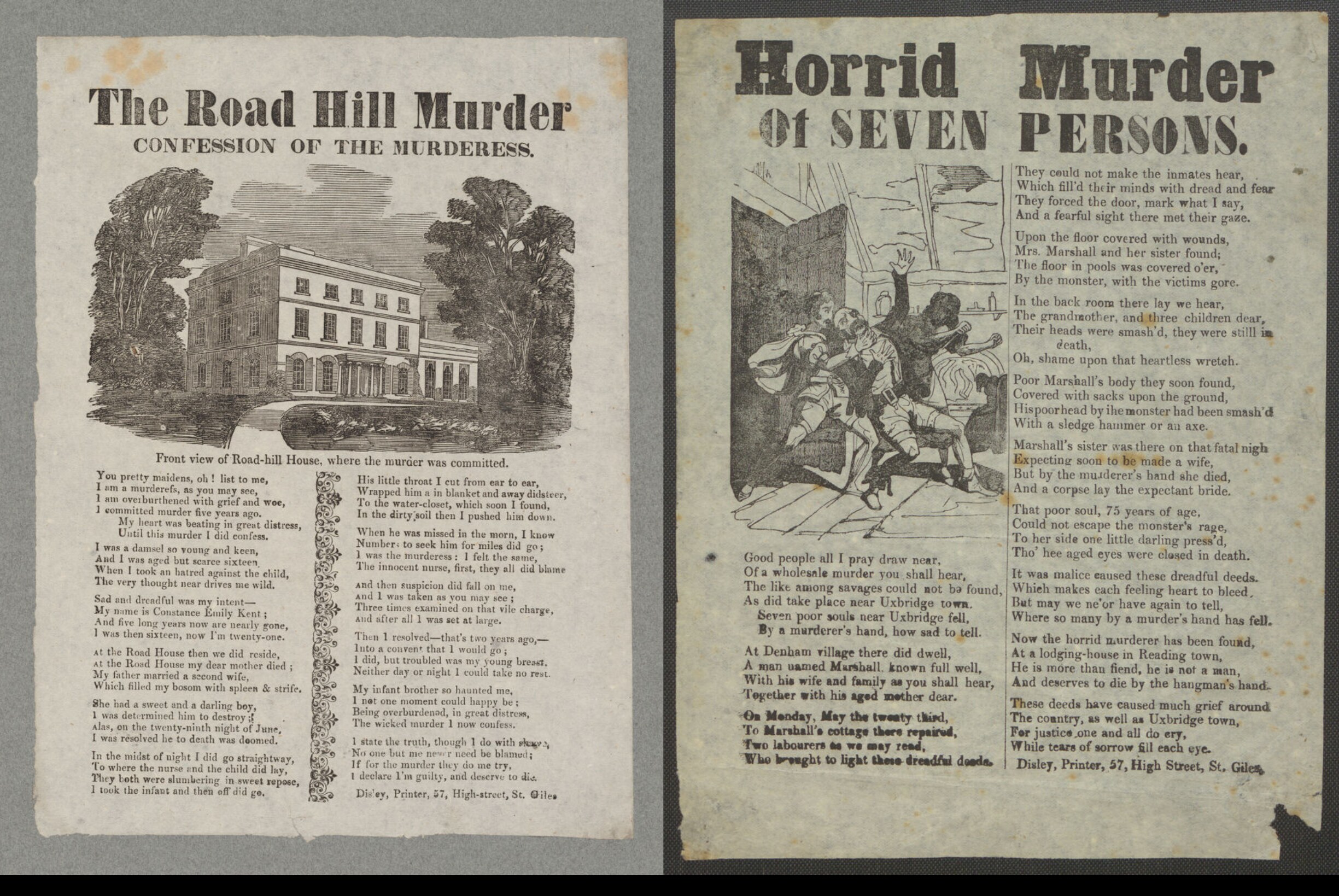The New York Times recently published a lengthy report of about 3500 words detailing what the authors claim were horrifying accounts about sexual assaults carried out by Palestinian militants on October 7, 2023.
These allegations and narratives about sexual and gender-based violence are not new. They have spread and evolved in various forms and conflicting accounts since the early days after the operation, which prompted Israel to launch a comprehensive and vicious war on the Gaza Strip. This war has resulted in more than 22,000 casualties, almost half of whom are children, in addition to tens of thousands of wounded and injured in an area that has been under complete closure for nearly three months, and its residents are subjected to what international organizations describe as "collective punishment," amounting to a situation resembling genocide.
Sensational Reporting Amidst Conflict: Scrutinizing The New York Times
The New York Times published this investigation in the context of this ongoing Israeli brutal military operation in Gaza, and amidst increasing international pressure on Israel to halt these actions. The report leaned towards sensationalism and showcased alignment with the narrative elements of the Israeli perspective. This alignment was noticeable right from the headline, which prematurely reached conclusions as if they were established facts, employing a kind of language that shifted the subject from mere accusation and doubt to unwarranted certainty and confirmation.
The headline ("‘Screams Without Words’: How Hamas Weaponized Sexual Violence on Oct. 7") subtly directs readers to consider the discussion solely on the "how," implying that the "what" is a foregone conclusion. Additionally, it explicitly names the accused or convicted, the Hamas movement, raising concerns given The New York Times' consistent practice of concealing actors when addressing accusations against Israel—a matter previously discussed by the AJR.
The report asserts the investigation's findings right from the opening paragraphs, accusing Hamas (referred to as "terrorists" in the report) of widespread sexual violence on October 7th. The report underscores the two-month duration of the investigation, aims to bolster its objectivity, and unveils "painful new details." It implies that these incidents of sexual assault point to a broader pattern of gender-based violence perpetrated by Palestinian resistance factions, an accusation that Israel has been employing in order to further dehumanize Palestinians in Gaza and erase its crimes perpetrated against them.
In the context of the provided information, this appears to be an early effort in narrative construction, aiming to launch a new organized campaign to downplay the well-reported and well-documented Israeli crimes. This is accomplished by invoking feminist solidarity and advocating for women's rights while simultaneously exerting pressure on anti-war movements and those expressing solidarity with Palestinians in American and Western communities. Notably, Israeli victims are extensively "humanized," a practice consistently withheld from Palestinian victims in the newspaper's coverage of the Palestinian issue.
Inconsistencies and Controversies: The Case of Raz Cohen
One of the testimonies relied upon was provided by Raz Cohen, a former Israeli officer who served in the Israeli military. Cohen has been a key witness associated with the events since the early days after October 7th, offering several versions of his testimony that appear inconsistent. In an initial statement on October 9th, Kohen made no mention of attacks of a sexual nature before altering his testimony the following day. During an interview with another media outlet, he vaguely hinted at the possibility of such attacks without asserting that he had personally witnessed them. Notably, a testimony provided to the Canadian network "CBC" on October 10th made no reference to the attacks detailed in The New York Times' recent investigation.
The investigator at the independent "Grayzone" network, Max Blumenthal, highlighted a suspicious shift in Kohen's testimonies on October 10th, occurring just hours after the comments published by "CBC." During an interview with the U.S. network "PBS," Kohen made alarming claims about violations on October 7th, including "slaughtering people and raping them." He went further by accusing the Palestinian resistance and "people from Gaza" of necrophilia, i.e., sexually violating women's bodies even after their deaths. This coincided with an intensification of the official Israeli discourse against the Palestinians, such as the Israeli Defense Minister's announcement of the intention for a comprehensive extermination of Palestinians in Gaza.
Kohen's testimony on the American network "PBS" aligns entirely in content and timing with official Israeli statements, including those of the Israeli president. The president asserted that "civilians in Gaza are involved in the war" and are considered a legitimate target for the Israeli war machine. The president included shocking accusations, officially denied by Hamas, viewing them as a new attempt to "demonize the resistance.” In his interview with "PBS" host Nick Schifrin, Kohen expressed a clear need for "revenge," echoing sentiments similar to those expressed by many Israeli politicians and journalists in recent weeks. He stated, "I need revenge to be able to live with myself... If they did something like this, I need to take revenge." Kohen also conveyed the Israeli government's commitment that this revenge would "reverberate for generations,” as he stated in the interview.
Narrative Battles: Accusations and Humanization in Media Coverage
Despite the seriousness of these accusations and their potentially significant consequences within the context of a genocidal war, the New York Times investigation overlooks vital background details concerning a key witness in the inquiry. It leans on additional testimonies from Israeli soldiers, specialized counselors in sexual violence, as well as personnel and volunteers in medical services and civil society organizations. The presented details are couched within a relatively subjective narrative. Throughout the investigation, numerous editorial comments strive to elicit the reader's sympathy, frequently emphasizing, especially in its introductory section, that "many of the accounts are difficult to bear" and that the evidence presented is "disturbing." Despite the primary source being the Israeli occupying army, currently facing accusations before the International Criminal Court of committing genocide in Gaza, the newspaper refrains from providing comments in reports concerning Palestinian victims. The publication rigidly maintains the practice of withholding casualty figures reported from the Gaza Strip (on account of not trusting its source, the Hamas-run health ministry) and does not afford these victims, even if they are women, the same benefit of the doubt as is often granted to the Israelis, to the extent of speaking in absolute terms on their behalf, as was evident in this report.
The investigation refrains from expressing any reservations about the testimonies, irrespective of how unusual or sensational they may be within the context of the events on October 7th. It does not objectively pause to scrutinize any narrative, regardless of the exaggeration or evident embellishment it might entail. This includes claims as extreme as the allegation of slicing off the breast of one of the victims and playing with it during rape! These allegations bear a resemblance to those propagated in previous Israeli misinformation campaigns, such as claims of beheading children, slaughtering pregnant women, baking babies in ovens, or desecrating corpses. Journalistic investigations have revealed that many of these allegations were fabricated, with their primary source being the Israeli security establishment, individuals affiliated with it, or associations and organizations with extremist agendas. Notably, the organization "Zaka" has been implicated in being behind many narratives later proven to be untrue.
The Role of Journalism in Conflict: Ethics and Responsibility
The explicit professional journalistic lapses in such reports fundamentally involve a disregard for the principle of verifying information, even within the context of trusting the source. This priority becomes even more critical in the context of wars, where there is a heightened conflict over narratives, widespread misinformation, and a competition to employ both explicit and implicit language to exert influence and credibility over testimonies and narratives lacking substantial evidence in both journalistic and legal terms. This phenomenon is still unfolding within the Israeli case as part of its systematic public diplomacy campaigns, aiming to homogenize a range of shocking fabrications to cover up a well-documented and glaringly evident ongoing crimes on the ground against the Palestinians, as is the case in the Gaza Strip.













































